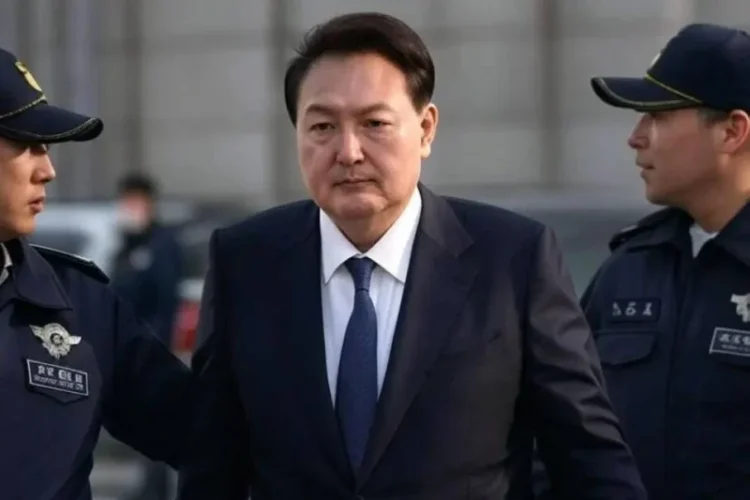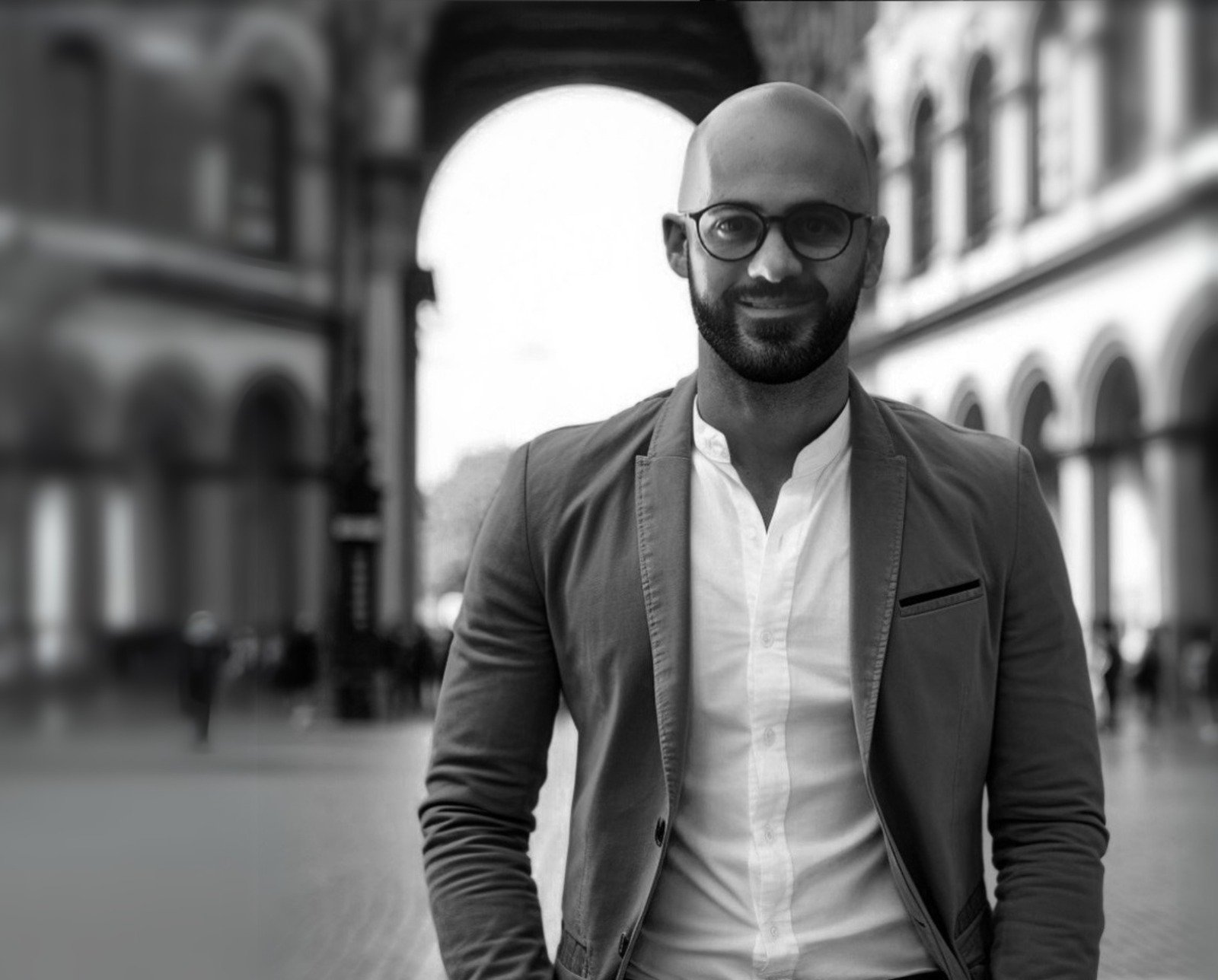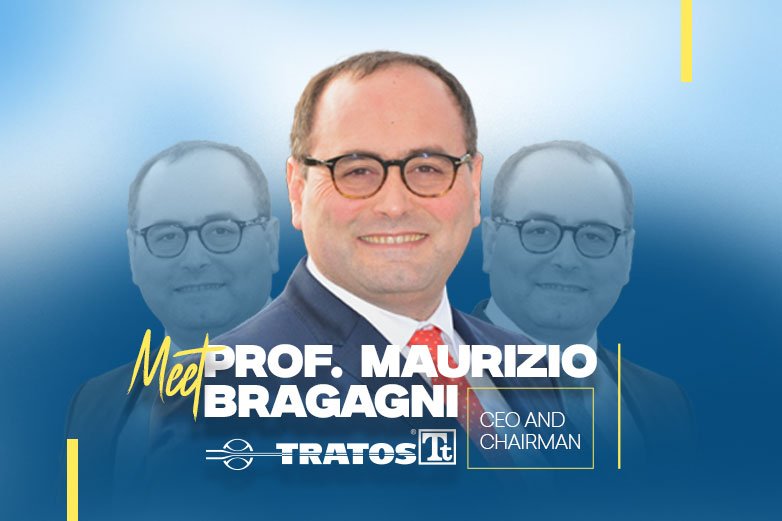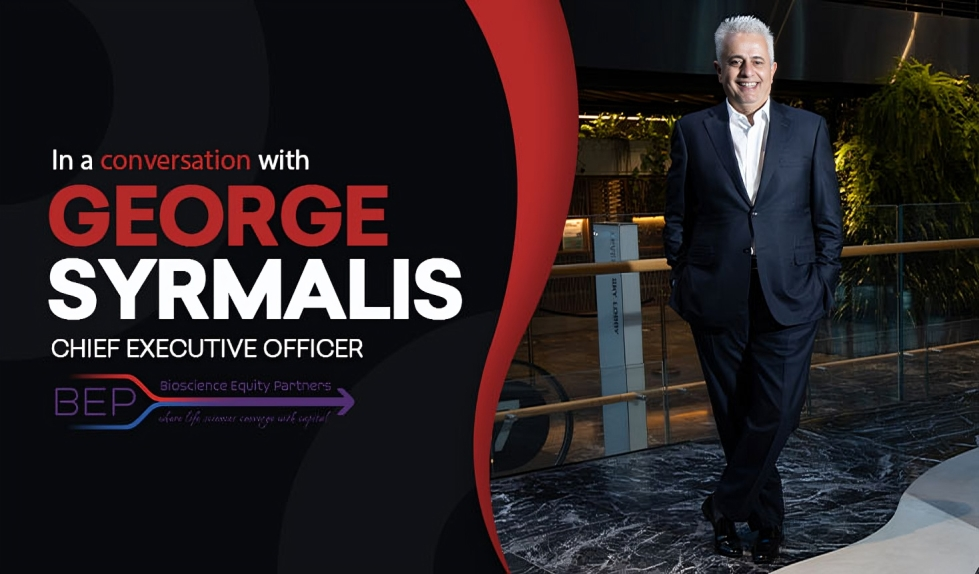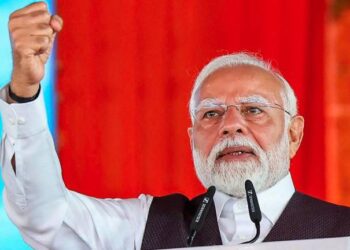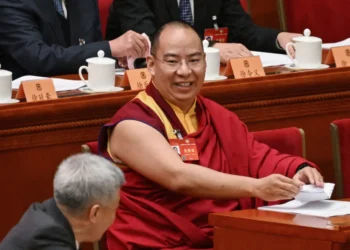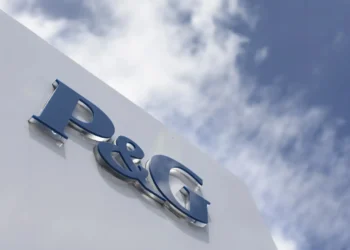President Yoon Suk Yeol of South Korea, who imposed martial law on December 3 and lifted it a few hours later, is currently under criticism from a number of sources. On December 14, Yeol was impeached by the opposition Democratic Party-dominated parliament, which had lifted martial law with assistance from Yeol’s own People Power party.
Prosecutors charged him on Sunday with being the insurgency’s ringleader. The prosecution now views his martial law decree as insurrection. “(The) President’s declaration of emergency martial law was a desperate plea to the public over a national crisis caused by the opposition getting out of control,” Yeol’s attorneys said in a statement.
Regarding the indictment, the prosecution remained silent. There is no immunity against revolt for the presidency. Yeol can be sentenced to death or life in prison if found guilty. For decades, South Korea has not carried out any executions.
His solicitors have referred to the indictment as “the worst choice. Yeol is currently incarcerated and in solitary confinement after previously resisting arrest after his personal security guards thwarted the prosecution’s attempt to arrest him.
Before the Constitutional Court, which is currently considering the case, Yeol’s attorneys have contested the impeachment by parliament. The court has 180 days to rule on Yeol’s reinstatement and the legality of the parliamentary impeachment.
Also Read:
Crafting Bespoke Living Experience In Exquisite Locations With Glover Investments: Steven Glover

